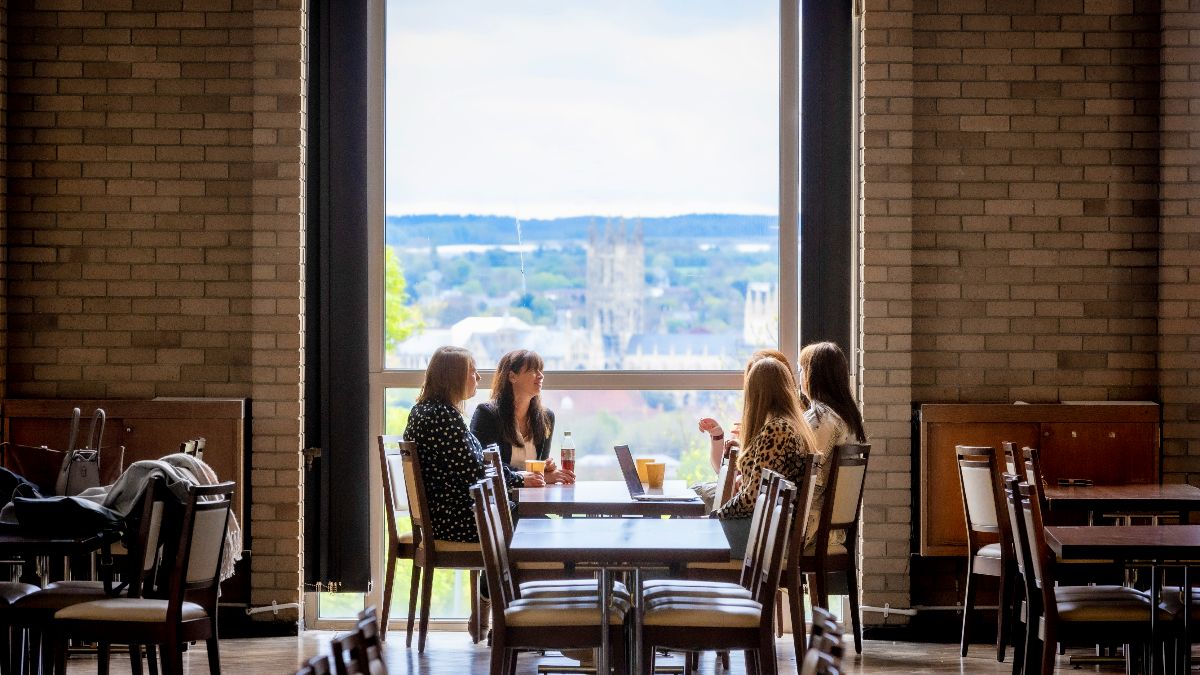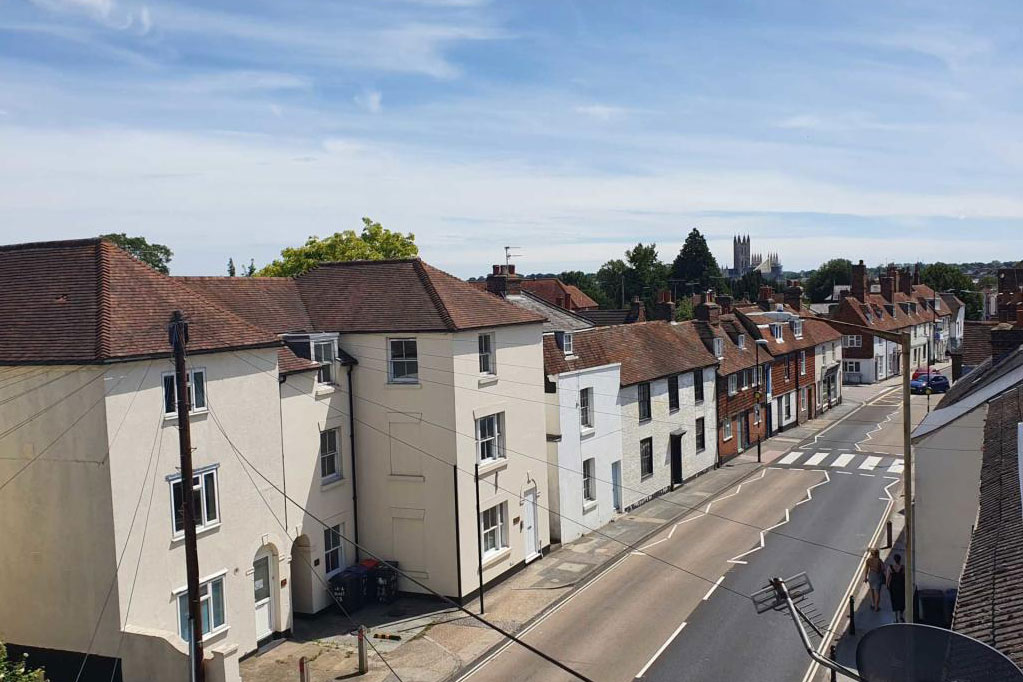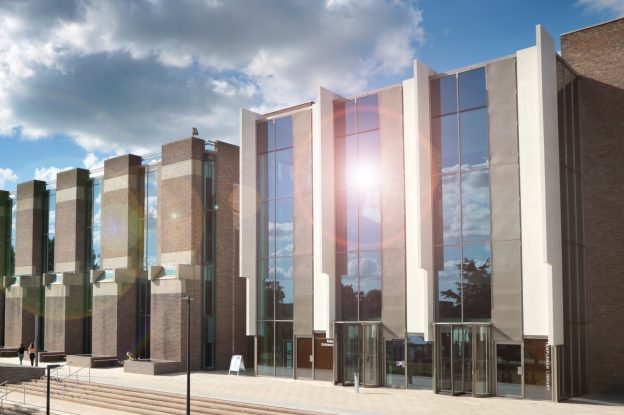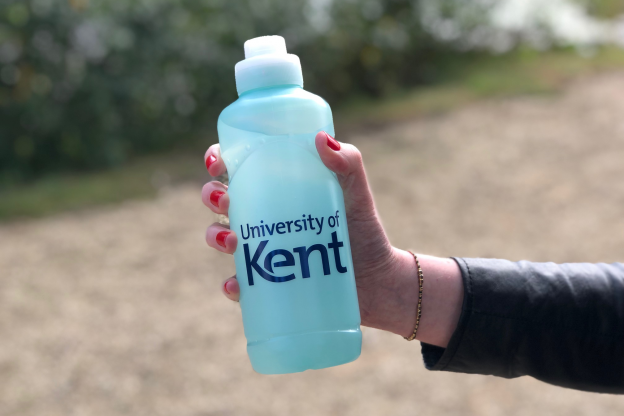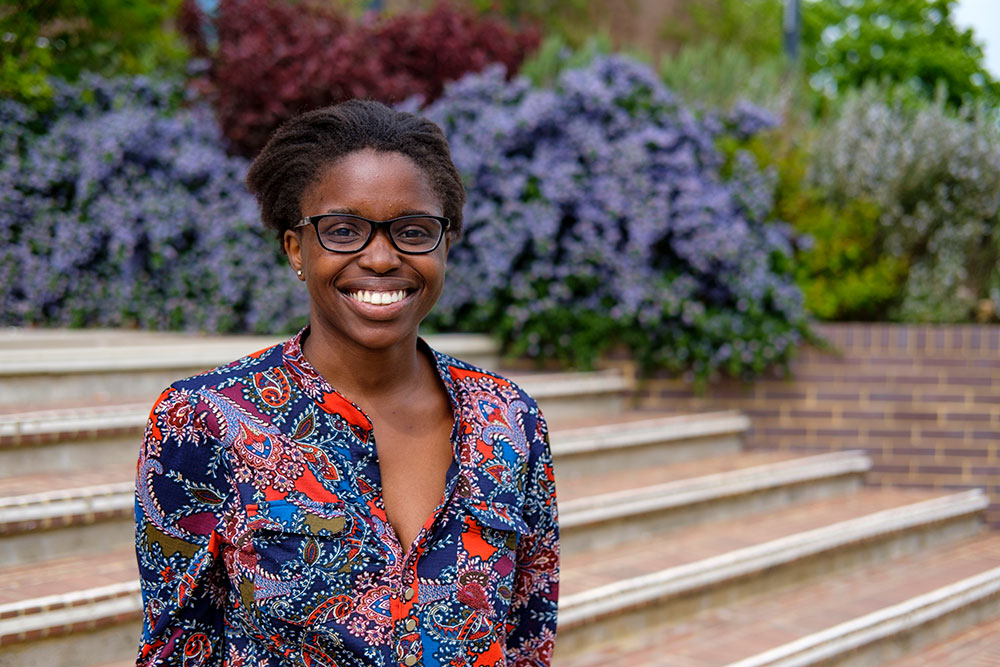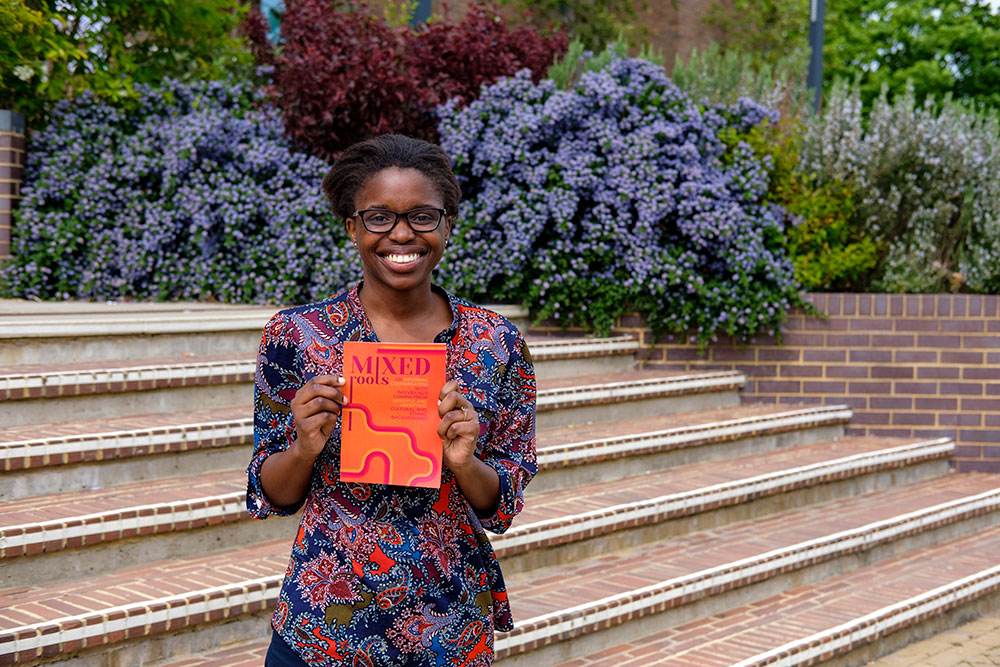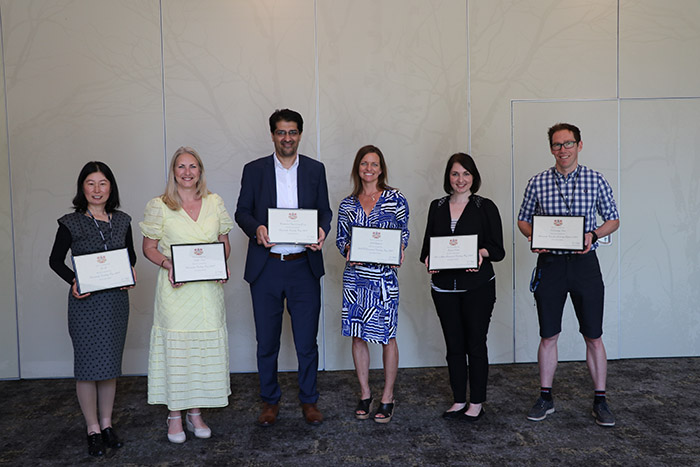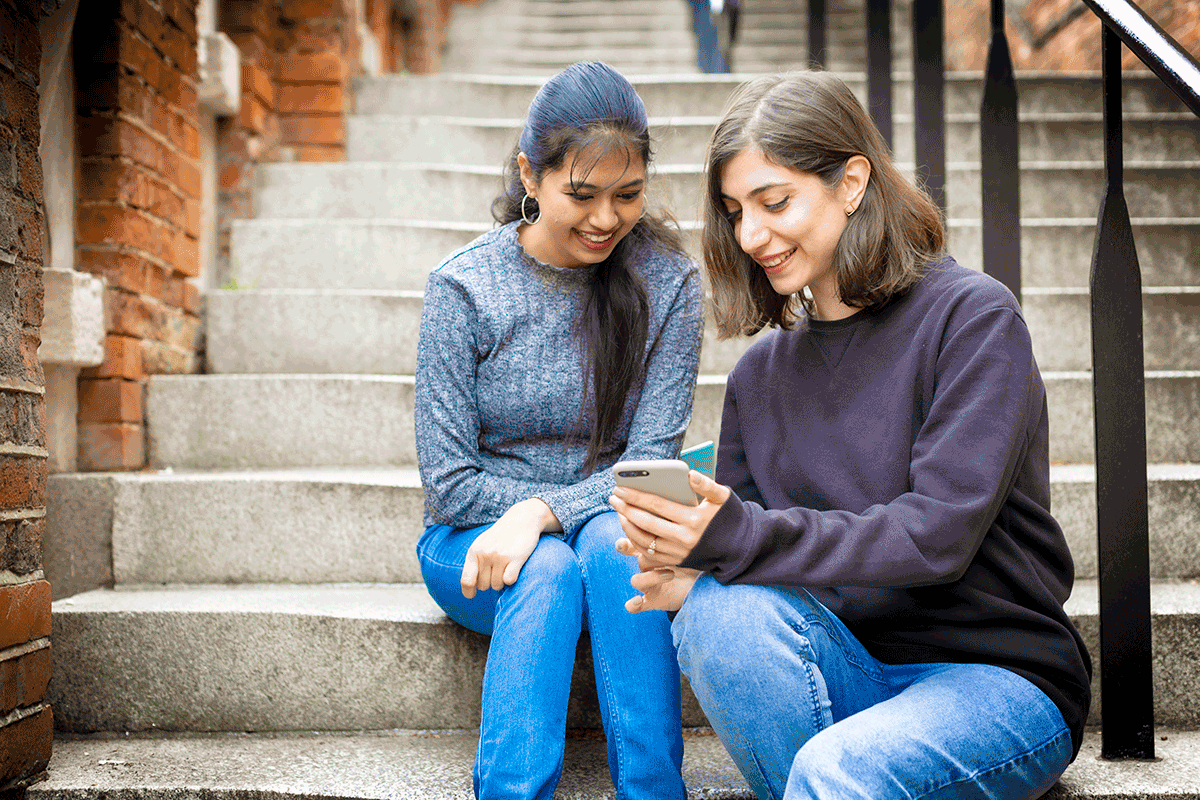From Brenda Brunsdon |Occupational Health and Wellbeing Team Manager
We are going through a sustained period of very hot weather and the Met Office issued its first ever red warning for extreme heat last month. Such high temperatures present a challenge to our health and wellbeing. In addition to sun care awareness, it’s important to know the signs of when the heat or sun exposure can affect someone to the extent that they can become ill and be aware of what one can do to prevent becoming overheated in the first place.
OH issues advice on sun exposure every year. We refer people to the advice given by the British Association of Dermatologists (BAD) and the NHS. BAD offers advice based on an easy to remember SOS theme: Save Our Skin:
- Slip On a Shirt
- Seek Out Shade
- Slap On Sunscreen
Accessing their website below provides additional information on sunscreen, skin advice for skin of colour, sun protection advice for children and babies, a Vitamin D factsheet and sun awareness leaflets.
The NHS also offers comprehensive advice on how to keep yourself safe in the sun; the link to their website is also below.
What can you do you do to stay safe in the heat? The UK Health Security Agency have the following advice:
- stay cool indoors by closing curtains on rooms that face the sun – and remember that it may be cooler outdoors than indoors
- drink plenty of fluids and avoid excess alcohol
- never leave anyone in a closed, parked vehicle, especially infants, young children or animals
- check that fridges, freezers and fans are working properly
- try to keep out of the sun between 11am to 3pm, when the UV rays are strongest
- walk in the shade, apply sunscreen and wear a wide-brimmed hat, if you have to go out in the heat
- avoid physical exertion in the hottest parts of the day
- make sure you take water with you if you are travelling
When a person does get too hot, it can lead to heat exhaustion and heat stroke. Heat exhaustion is the lower level condition which can progress to heat stroke. Both can occur when a person’s body overheats to the extent that its natural temperature control mechanisms fail to cope. When this happens, the affected person feels unwell, lacking in energy, and is usually dizzy and nauseous. They could develop cramp in their limbs or in their stomach. Signs you can observe for heat/sun stroke are a person having clammy, very sweaty, pale skin, and they often have a faster pulse than normal, sometimes exceeding 100 beats per minute.
Some sectors of the community are more susceptible to developing heat exhaustion/stroke: babies and toddlers; the elderly; people who are physically active through work or exercise; people with chronic, debilitating illnesses.
The NHS advice on immediate treatment for helping someone with heat exhaustion is:
- Move them to a cool place.
- Get them to lie down and raise their feet slightly.
- Get them to drink plenty of water. Sports or rehydration drinks are OK.
- Cool their skin – spray or sponge them with cool water and fan them. Cold packs around the armpits or neck are good, too
- Stay with them until they’re better.
They should start to cool down and feel better within 30 minutes.
They also give advice on when you should consider reaching out for assistance by ringing 999, either because the situation is the same after 30 minutes or because the person’s symptoms are so debilitating that you suspect heat stroke; follow the NHS link below to read more.
For those of us who are able and where it fits in with the demands of our role, the University has said we currently have the flexibility to work from home if this provides us with a cooler work environment. However, not all members of the University workforce are able to do that. Cleaners and maintenance and grounds staff have to work as usual. They and their managers need to be more aware of the possibility of heat/sun stroke.
‘Heatwave: National emergency declared after UK’s first red extreme heat warning’ on bbc.co.uk
British Association of Dermatologists’ Sun Awareness website
‘How to Stay Safe in the Sun’ on the British Skin Foundation website
‘Staying Safe in Extreme Heat’ by Agostinho Moreira Sousa on ukhsa.blog.gov.uk
Heat Exhaustion and Sun Stroke on NHS website
‘Heat Exhaustion and Heat Stroke’ by Dr Sarah Jarvis MBE on the patient.info website
‘Signs of Heat Exhaustion, Heat Stroke’ by CBS Los Angeles on YouTube
‘How to Identify and Treat Heat Stroke’ by BBC Earth Lab on YouTube (very good demonstration of simple First Aid treatments for heat exhaustion)
‘How to Treat Heat Stroke – Signs and Symptom’s by St John’s Ambulance on YouTube


